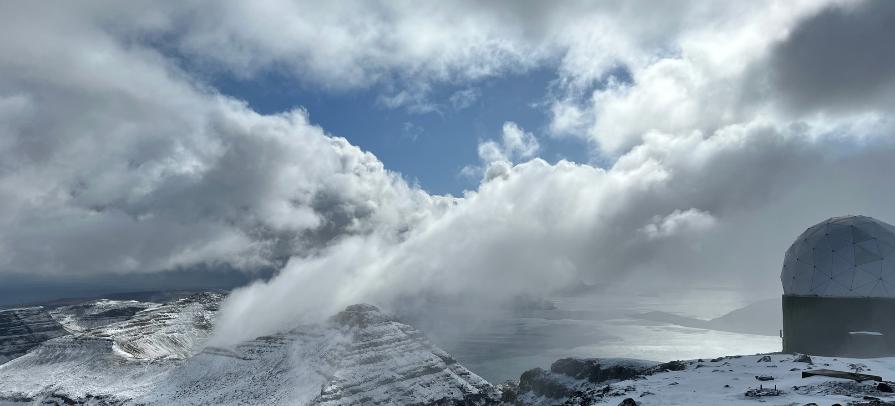Economic Ties between Russia and Faroe Islands Diminished Considerably
Assessments made by researchers at the University of the Faroe Islands indicate that the bilateral fishery agreement between the Faroes and Russia ended in a deficit for the Faroe Islands in 2024. This is primarily due to the reduced cod quota in the Barents Sea and the rise in mackerel prices.
A research team at the Department of History and Social Sciences has mapped the relations between the Faroe Islands and Russia with funds from the FASDiNA programme financed by the Danish Parliament and administered by Research Council Faroe Islands. The findings of the researchers were published in a Policy Paper with the title "From Crimea to Kyiv: Mapping the relations between the Faroe Islands and Russia " in November 2024.
Decreased trade and restrictive measures
The Policy Paper also concludes that Faroese trade with Russia has significantly decreased following Russia´s invasion of Ukraine. It was estimated that 7% of Faroese exports would go to Russia in 2024, with a value of approximately 800 million DKK.
Faroese restrictive measures against Russia have resulted in greatly reduced activities from Russian ships operating in Faroese waters.This has impacted sectors of the Faroese economy that have supplied goods and services to the Russian fleet in the North Atlantic.
Great strategic importance
The Policy Paper points out that there are no prospects for improved relations between the West and Russia in the coming years. At the same time, the Arctic region holds great strategic importance
for Russia which also encompass the Faroe Islands and the North Atlantic.Therefore, it is advised that the Faroe Islands should develop a long-term strategy for their policy regarding Russia, taking into account Russia’s foreign policy direction and its strategic and maritime interests relevant to the Faroe Islands.
The Paper also concludes that it is becoming increasingly difficult for the Faroe Islands to remain neutral and stay out of defense alliances and great power rivalry in the region.
Geopolitical and economic interests are becoming more intertwined, and the ideal of free trade is, to some extent, being replaced by the ideal of national economic security, protectionism, tariffs and
economic self-sufficiency.
The Policy Paper on relations between the Faroe Islands and Russia can be read here.
